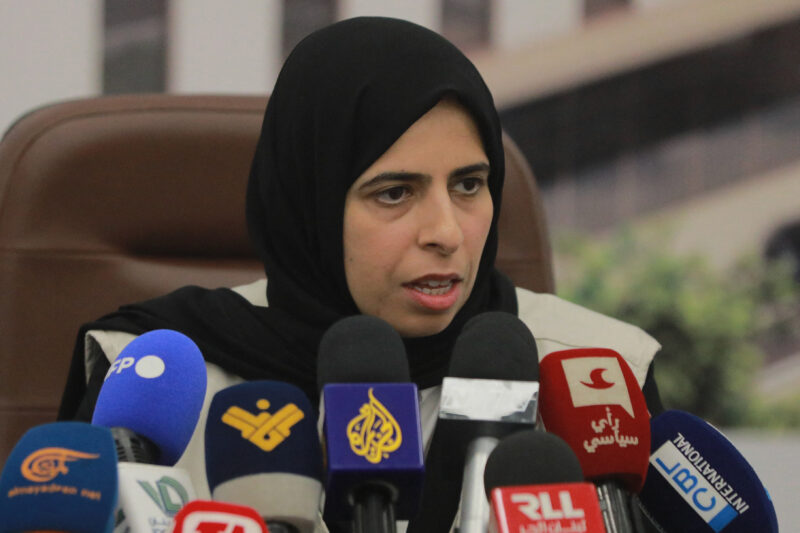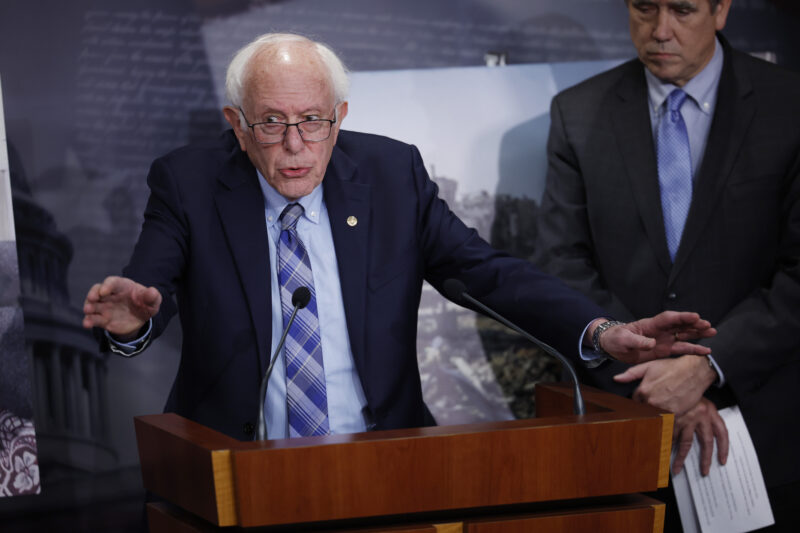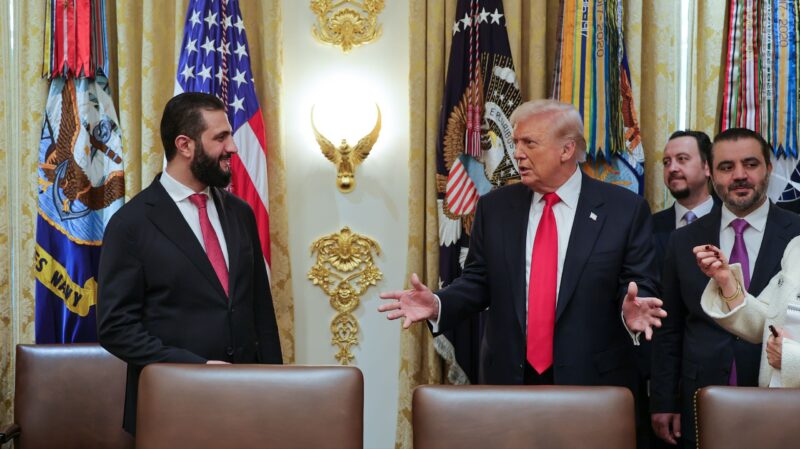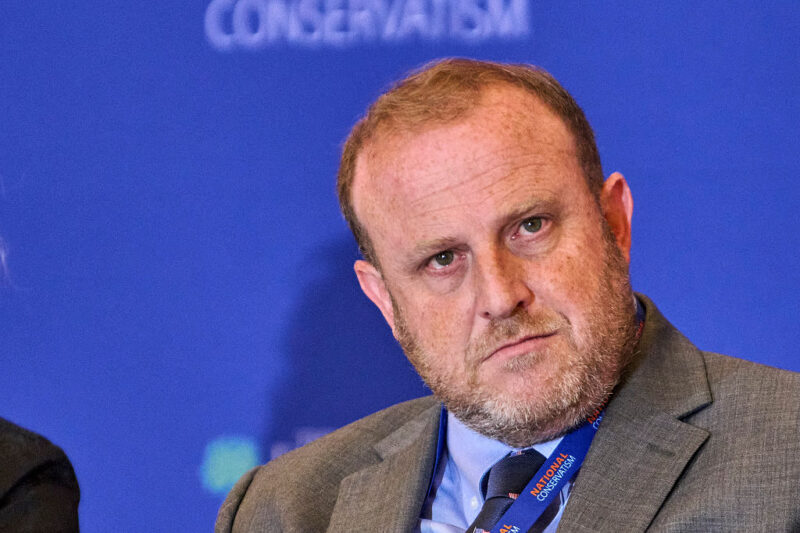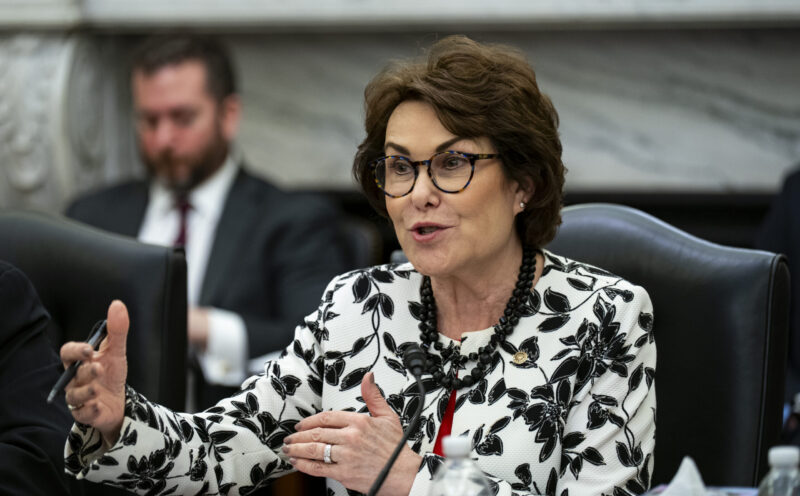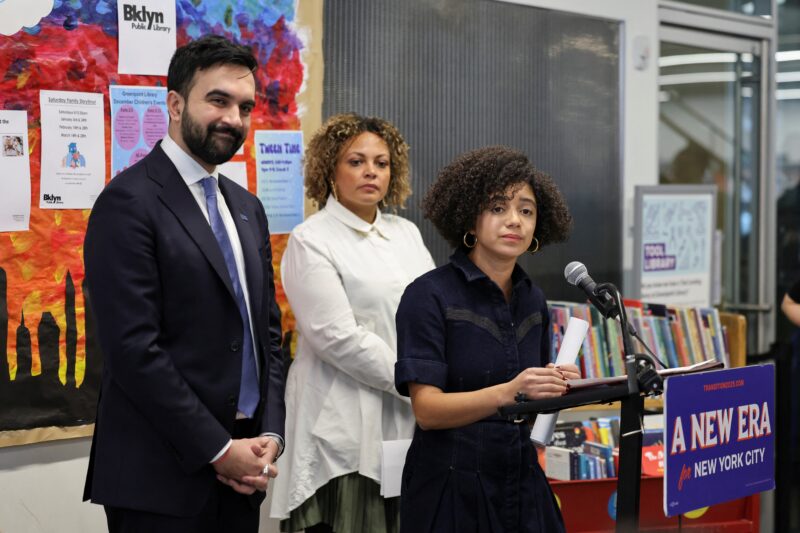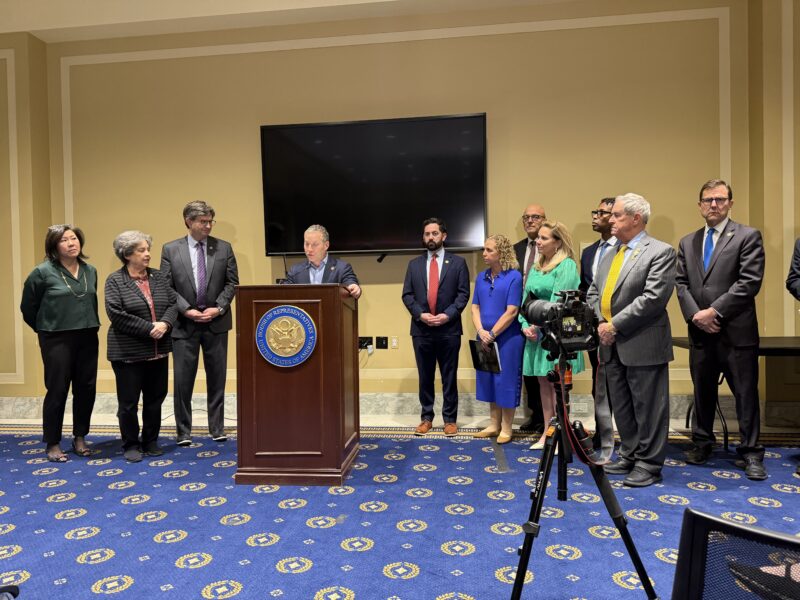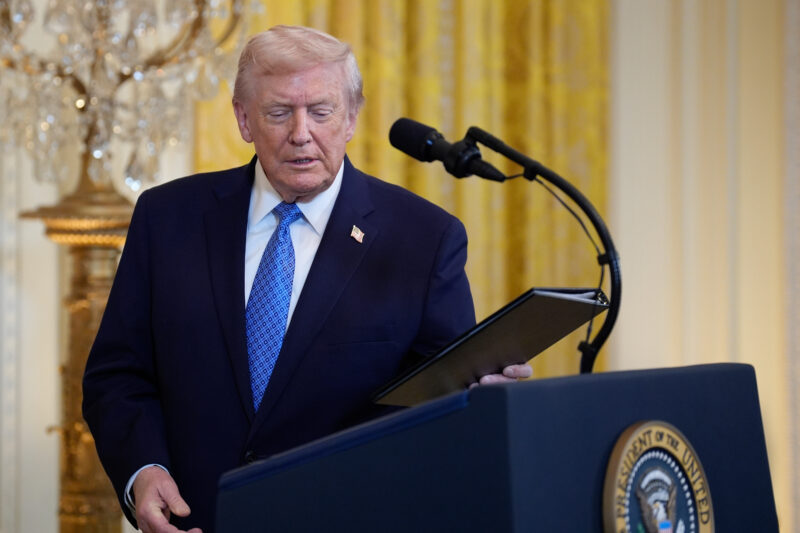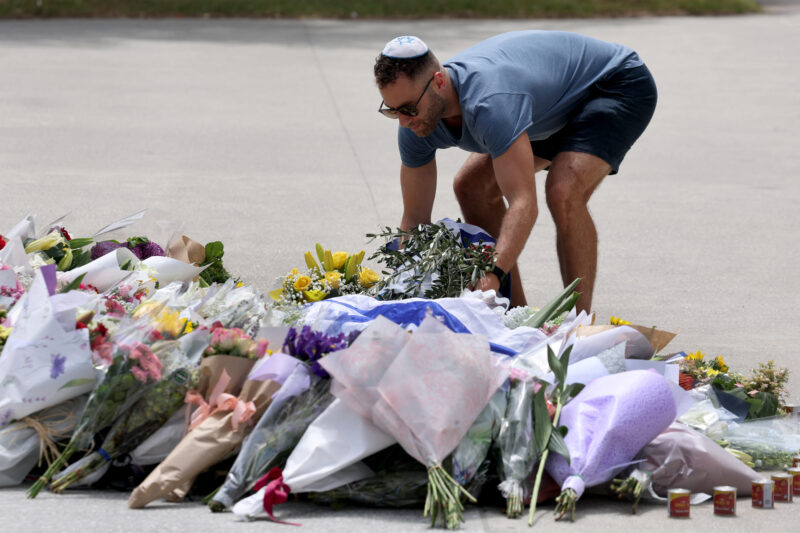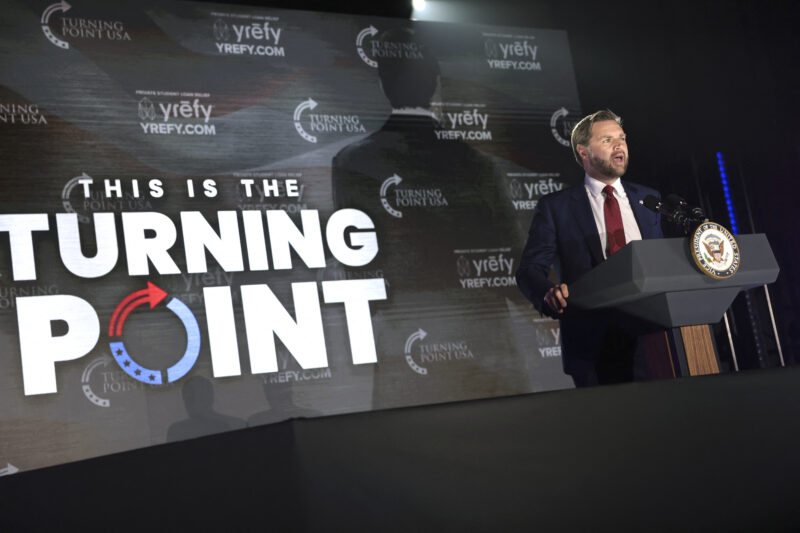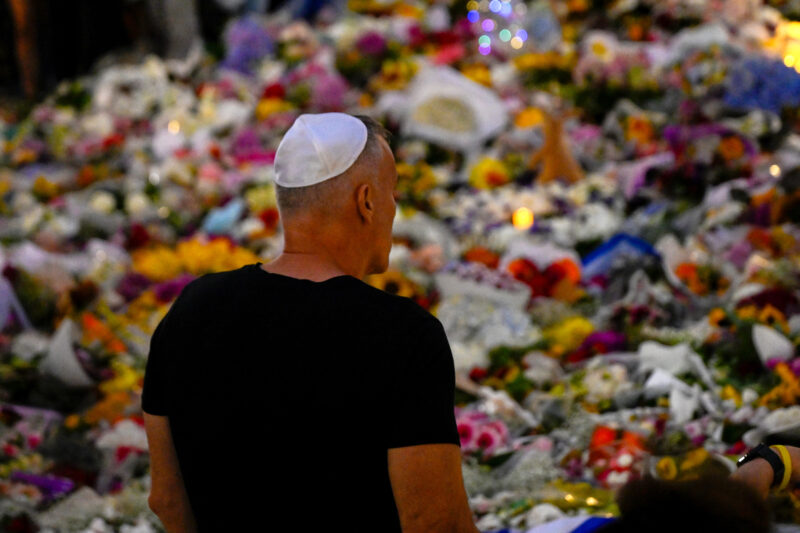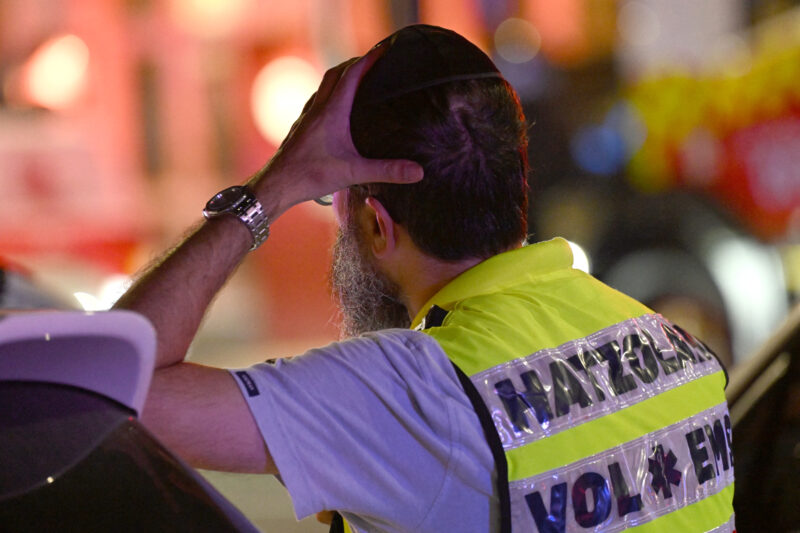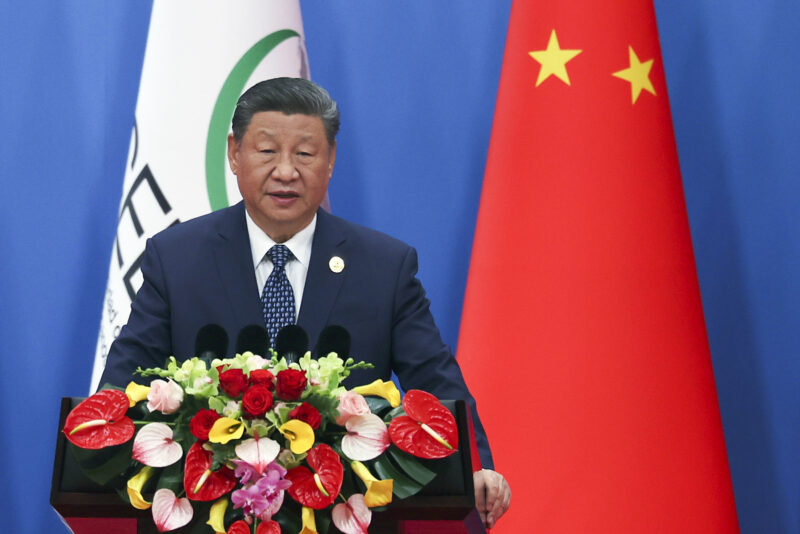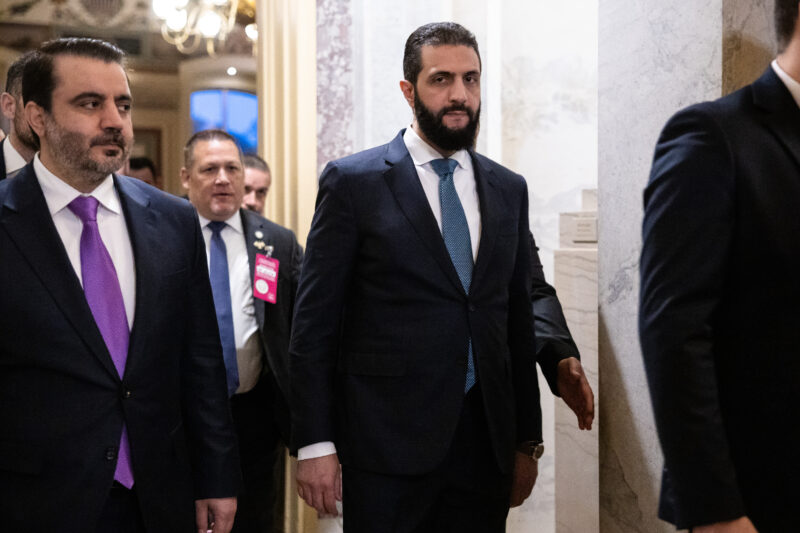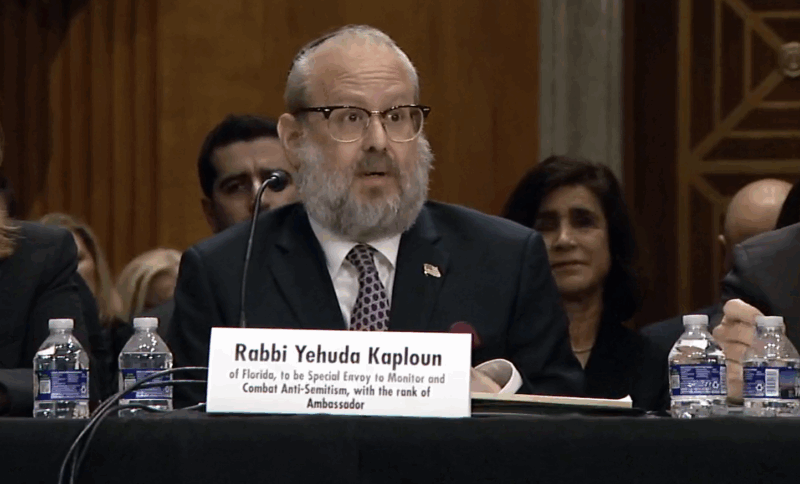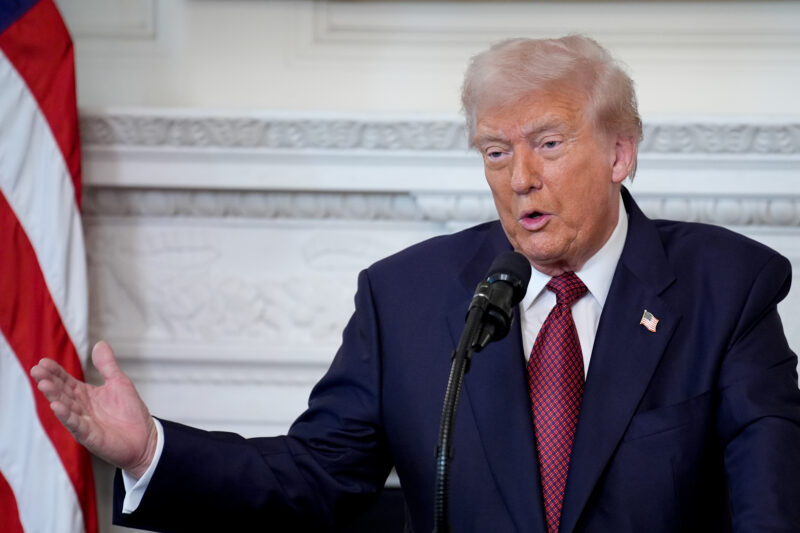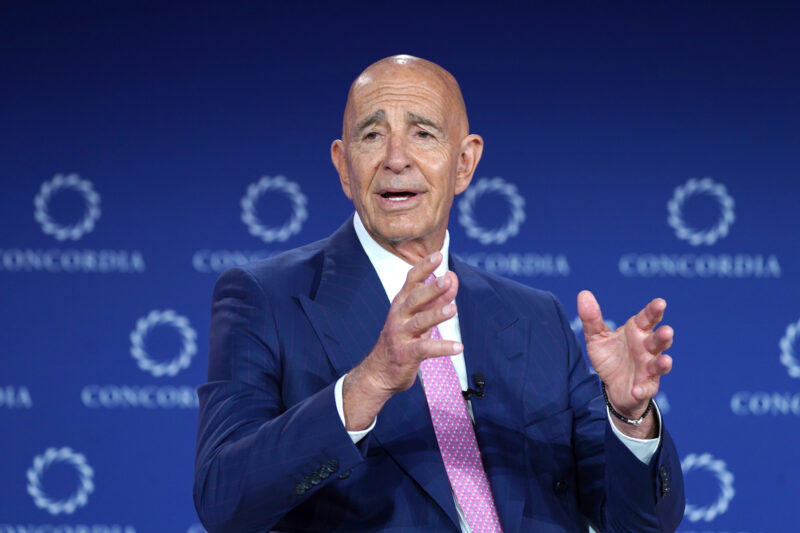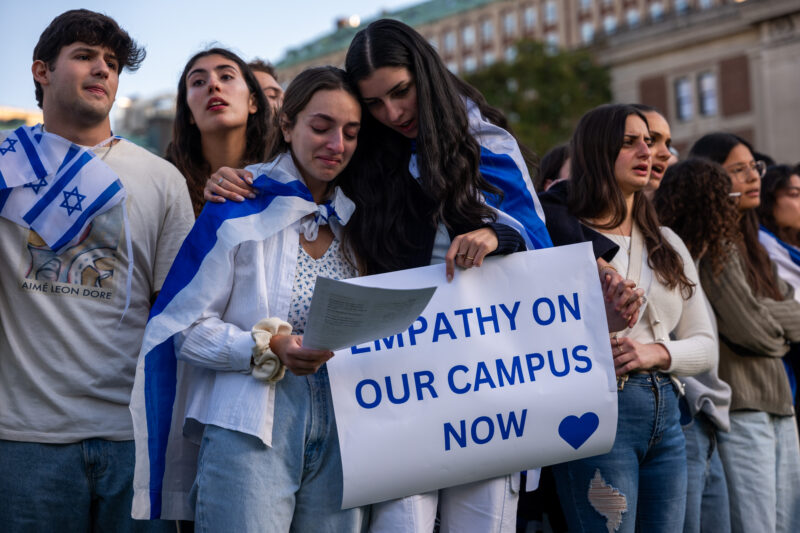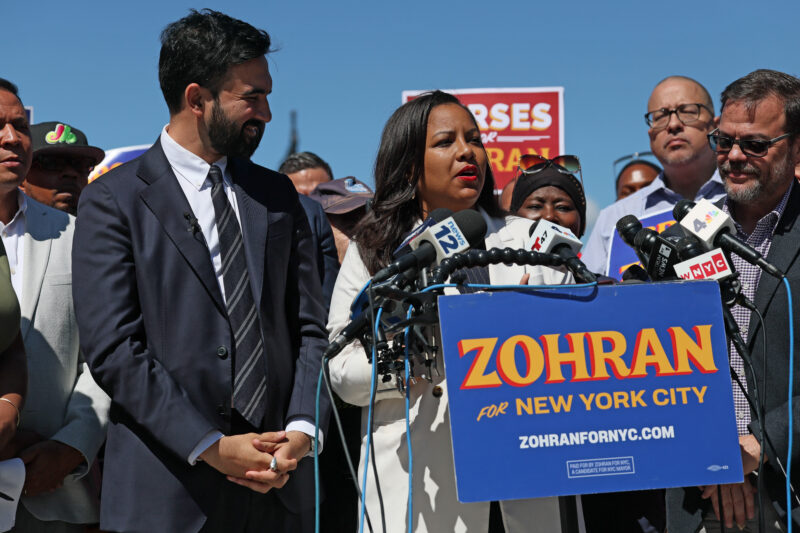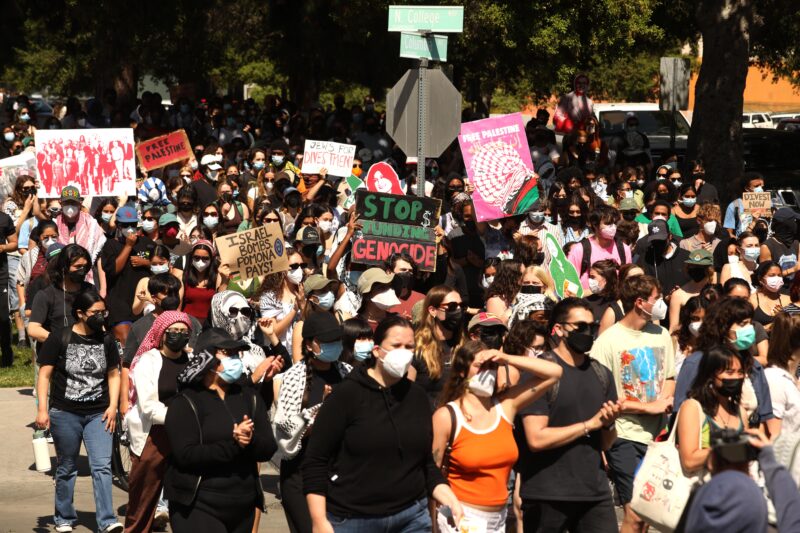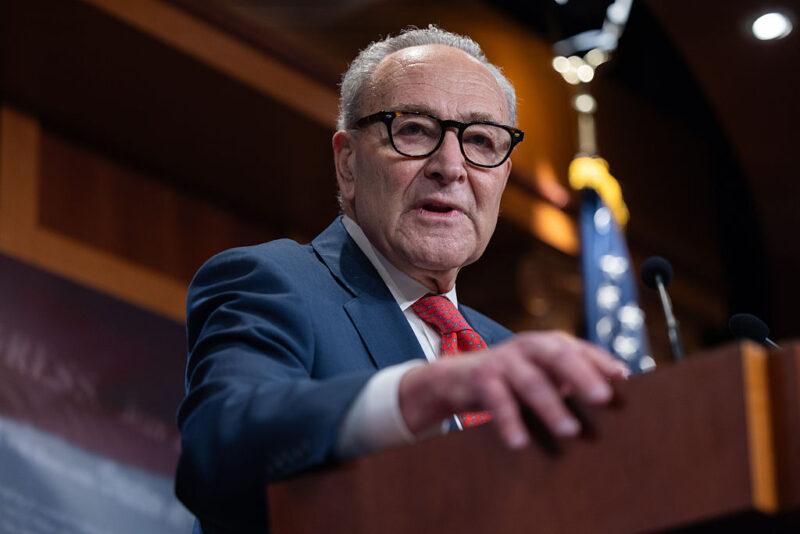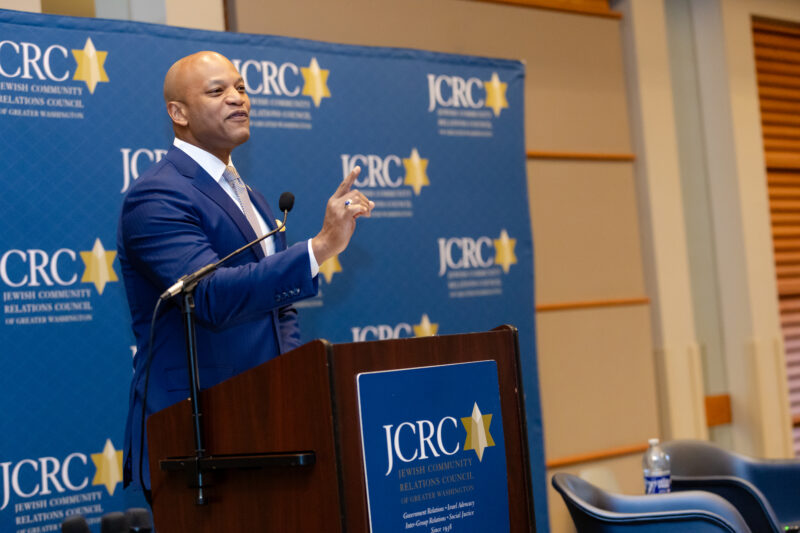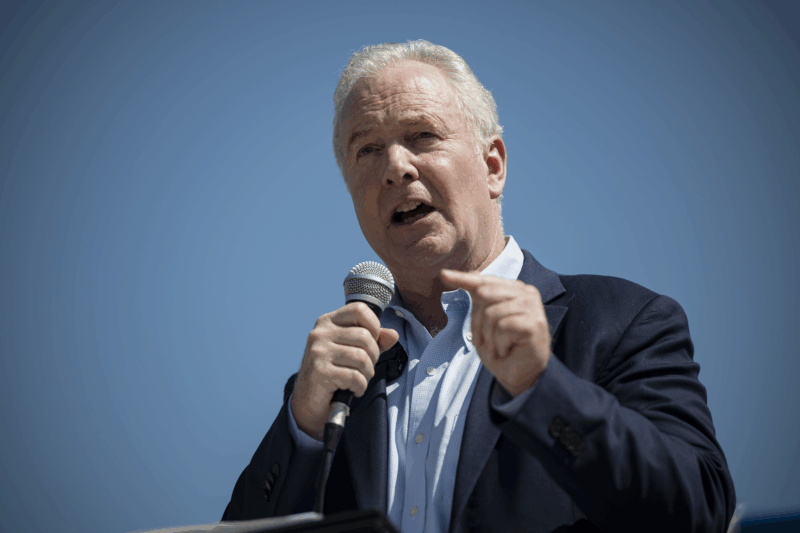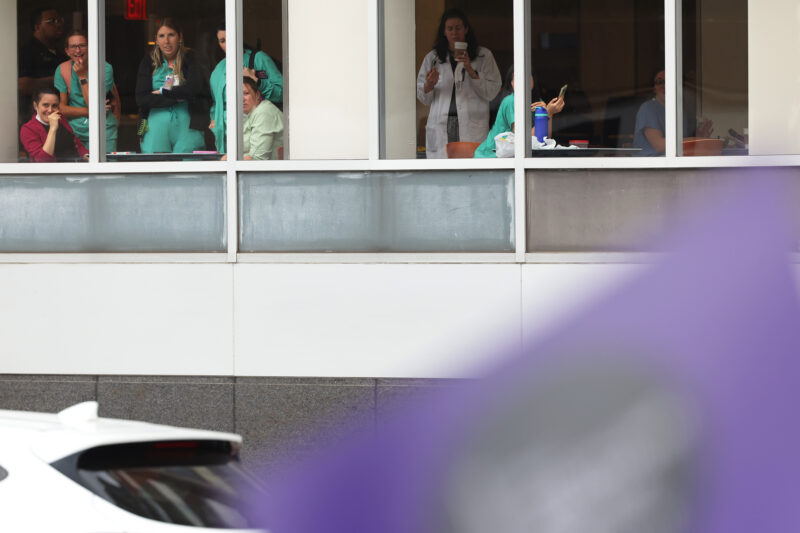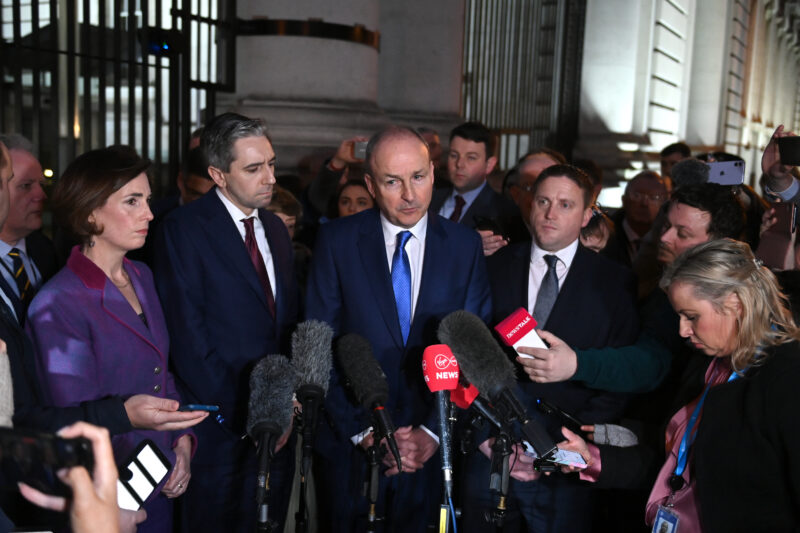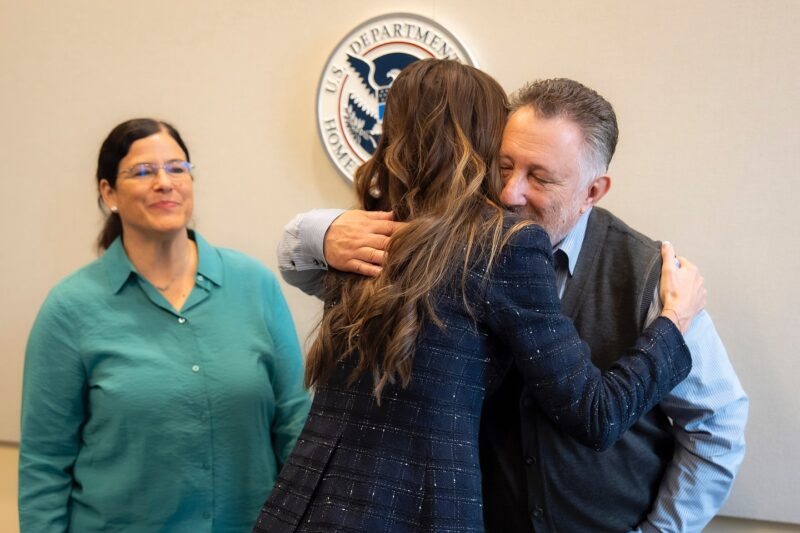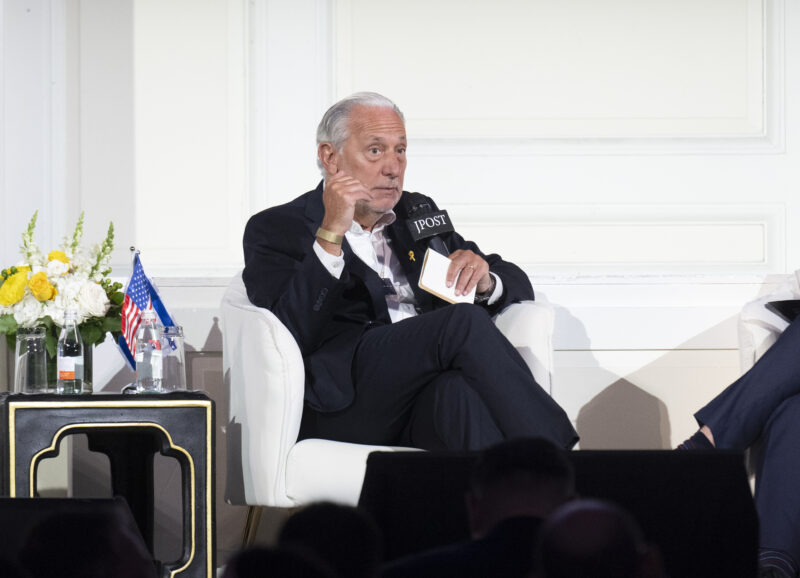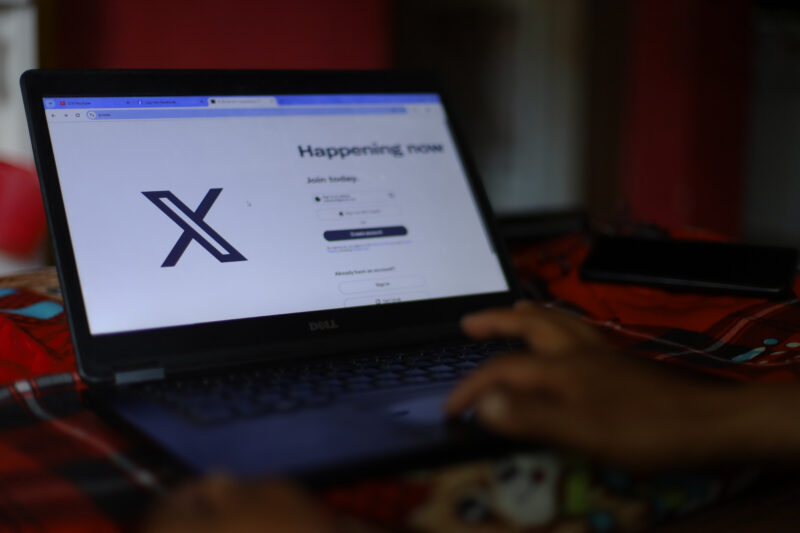ADL’s Greenblatt calling out ‘disturbing pattern’ in Trump’s deportation campaign
In an interview with JI, the Anti-Defamation League CEO says the protection of Jewish students ‘shouldn't require us to shred the norms that we use to protect other people’

Jemal Countess/Getty Images for Anti-Defamation League
Jonathan Greenblatt speaks onstage during the 2024 ADL “In Concert Against Hate” at the Kennedy Center Concert Hall on November 18, 2024 in Washington, DC.
As questions mount about the detention and attempted deportation of a Turkish Tufts University student last week, the Anti-Defamation League, in something of a shift, is publicly raising concerns about due process violations in the Trump administration’s campaign to deport foreign students who engaged in antisemitic and pro-Hamas activity on American college campuses.
After offering early praise for the ICE detention of Columbia graduate Mahmoud Khalil last month, ADL CEO Jonathan Greenblatt is now urging the federal government to exercise caution. Greenblatt is asking the Trump administration for greater transparency as it pursues further deportations, arguing that standing up for Jewish students does not require trampling on the rights of others.
“Jewish students need to be protected. They should be valued as much as anyone else,” Greenblatt told Jewish Insider in an interview on Wednesday. “But on the other hand, protecting them shouldn’t require us to shred the norms that we use to protect other people. I don’t think it’s either or. I think it can be both and.”
Many Jewish groups have remained mum on President Donald Trump’s deportation campaign, which Trump contends is being done to protect Jewish students on American college campuses. But the ADL was not among those staying out of it; the organization took an early position praising the Trump administration’s “broad, bold set of efforts to counter campus antisemitism” in an X post about Khalil’s deportation and the “deterrent” message it sent, even as the organization simultaneously raised due process concerns. Since then, Greenblatt has been alarmed by the way the deportations are being handled.
“We were glad to see the administration taking action. But the pattern of behavior since then has raised concerns that would be easy to address by being transparent about the charges, by creating a means by which the act of due process is clear,” Greenblatt said. “With more cases coming to light, what we’ve started to see is this disturbing pattern of how these enforcement actions are happening. There’s very little transparency.” He also outlined his concerns in an op-ed published in eJewishPhilanthropy on Thursday.
Greenblatt declined to say whether, as a matter of policy, the ADL supports using immigration enforcement mechanisms as a tool to counter antisemitism. Nor did he say if the ADL would support the deportations if they were done in a more transparent way. He noted that the deportations are likely legal — but questioned whether they are being done in a way that is in line with American values and laws.
“The secretary of state and the federal government have a degree of latitude in how they enforce these immigration-related issues. What I’m suggesting is that if they want to make draconian moves, it merits explaining and substantiating the basis for those moves,” said Greenblatt. “I think the government has an obligation to ensure that even when it exercises authority, it’s done in a manner which is not just consistent with our constitutional rights, but also with our social norms, with our democratic norms. That is critical for everyone, regardless of where they were born.”
The ADL’s statement on the detention of Khalil, who had been a leader of last year’s anti-Israel encampment at Columbia, sparked fierce criticism even from some longtime ADL supporters. Greenblatt did not walk that statement back.
“We were glad to see the administration taking action. But the pattern of behavior since then has raised concerns that would be easy to address by being transparent about the charges,” said Greenblatt.
The detention of Rumeysa Ozturk, the 30-year-old Tufts student and Turkish national who was apprehended by masked ICE agents on her way to an iftar dinner, caused Greenblatt to reconsider his approach to the issue. The only public evidence of Ozturk’s involvement in campus protests was an op-ed she co-authored in Tufts’ student newspaper calling for the university to divest from Israel.
A call for divestment is concerning — even antisemitic, Greenblatt argued — if there is a “double standard” being applied to Israel. “If the only one that you look at is Israel, I think that’s deeply problematic. I think that’s antisemitic,” he stated, while adding that such a statement should not be a deportable offense. “You cannot arrest people or eject people from the country because they are bigoted or racist. That’s not a crime. That has never been an offense.”
A senior Department of Homeland Security spokesperson told JI last week that DHS and ICE investigators “found Ozturk engaged in activities in support of Hamas, a foreign terrorist organization that relishes the killing of Americans.” But the DHS official declined to offer any specific examples of actions taken by Ozturk that cross into the realm of supporting a terror group.
“There’s a lot of ways to be antisemitic,” Greenblatt added. “Not all of those instances are necessarily ‘supporting Hamas.’”
What Greenblatt says he wants to see is civil rights applied equally — to those having their student visas revoked, as well as to Jewish students who have had to contend with a startling amount of antisemitism in the year and a half after the Oct. 7 Hamas attacks.
“For all these people concerned about civil rights, all these people speaking out about the violation of civil liberties from all corners, only a few of them, not very many of them, were concerned about the civil rights of Jewish students for the last 18 months,” said Greenblatt. “I believe that we can protect the civil rights of Jewish students without trampling over other people’s civil rights.”
Greenblatt lauded some of Trump’s other actions to combat campus antisemitism, in particular his withholding of hundreds of millions of dollars in federal funding for universities — because, said Greenblatt, it brought the big-name universities back to the negotiating table.
“It was only when the administration said, ‘Look, we’re going to pull hundreds of millions of dollars,’ that suddenly they felt compelled to take real measures that would protect Jewish students. That’s a good thing.”
Greenblatt called it “unfortunate” that Trump had decimated the staff at the Department of Education’s Office for Civil rights, which investigates antisemitism on campus and in K-12 schools. But he declined to grade Trump’s early performance on antisemitism related matters, saying it’s too soon to decide — and hinting at the tightrope that the ADL walks, where a pro-Trump statement will upset left-wing supporters and an anti-Trump statement will rile up conservatives.
“We are two months and change in. I think it’s too early for a progress report, let alone a grade,” said Greenblatt. “So come back to me at the six month mark.”





